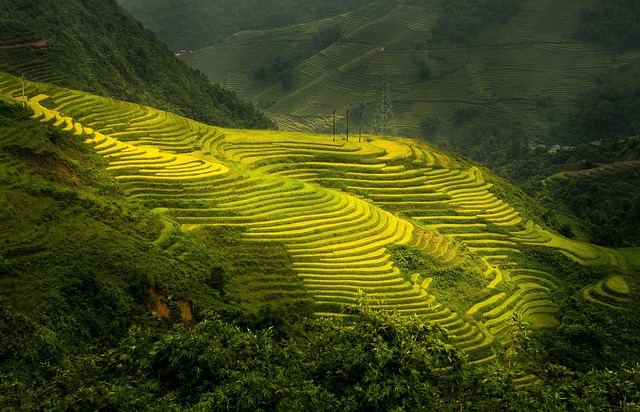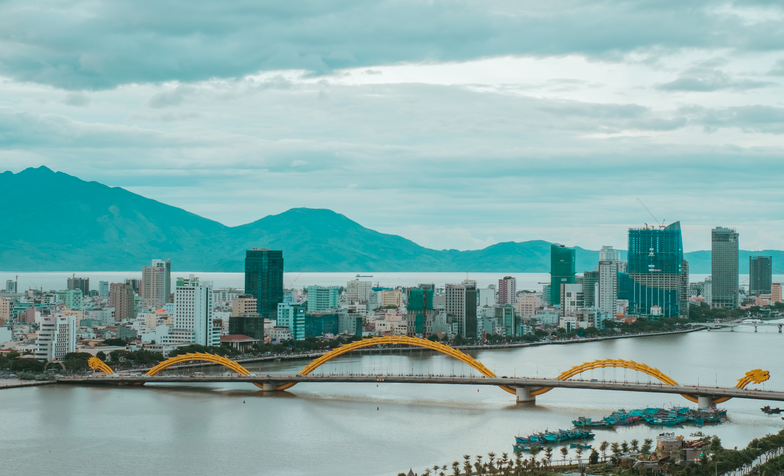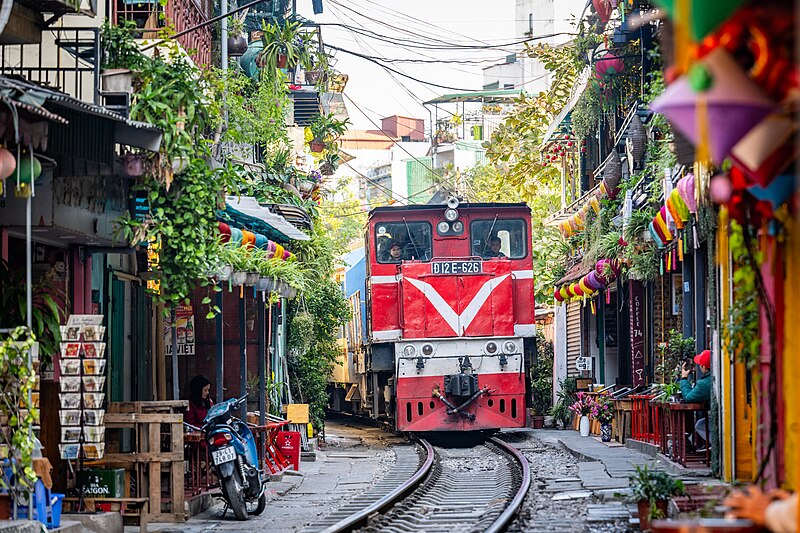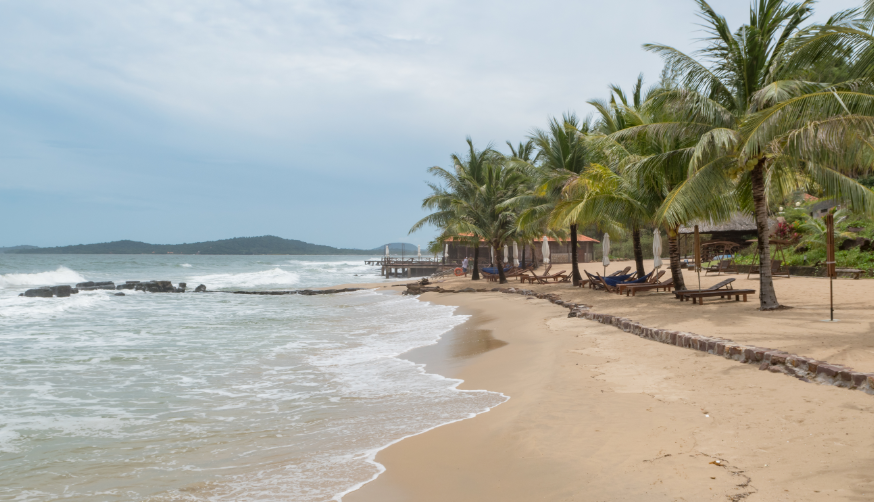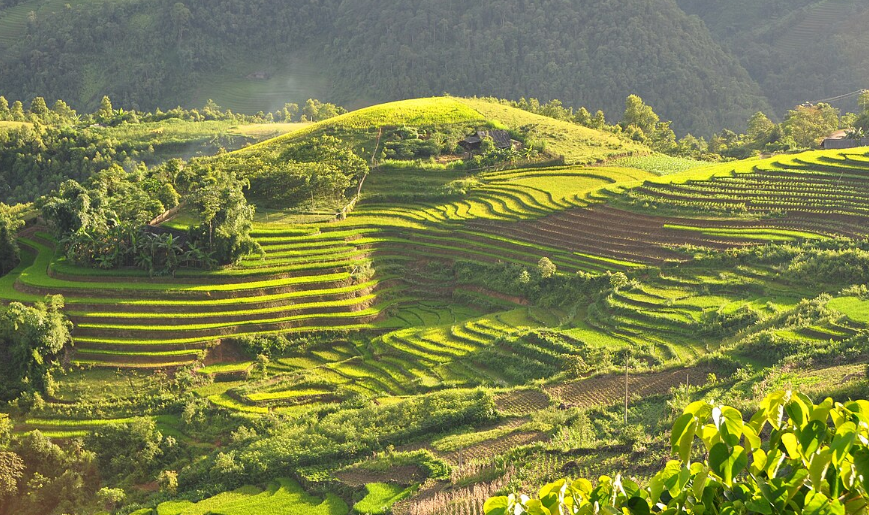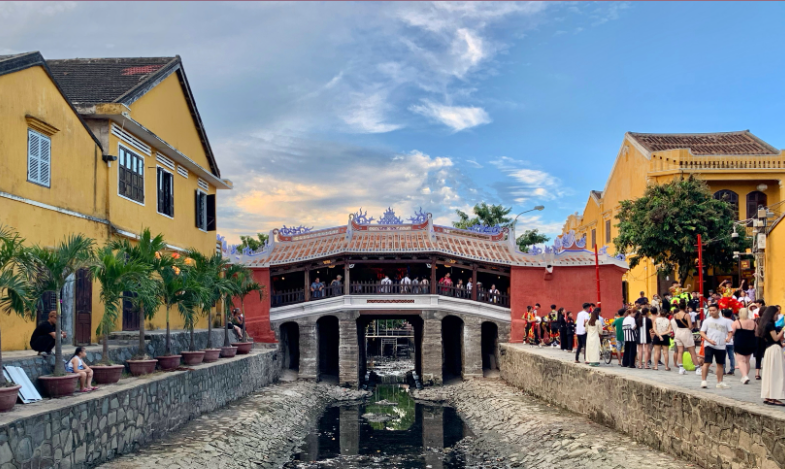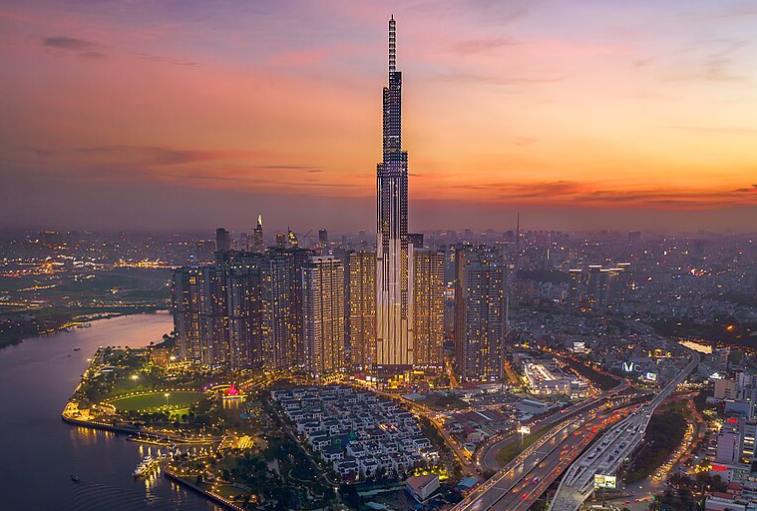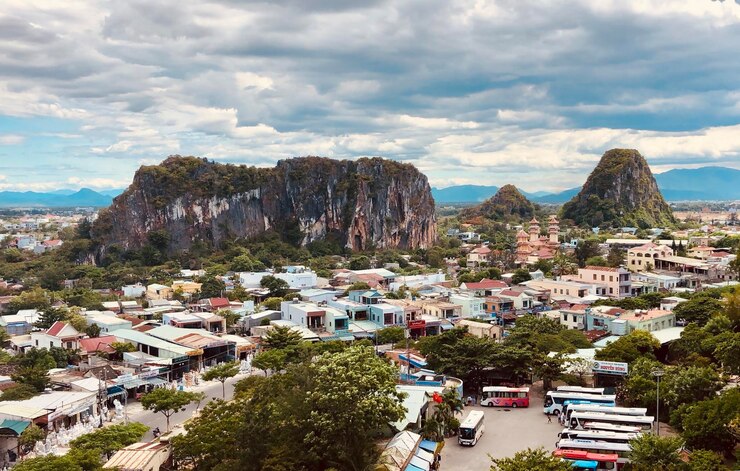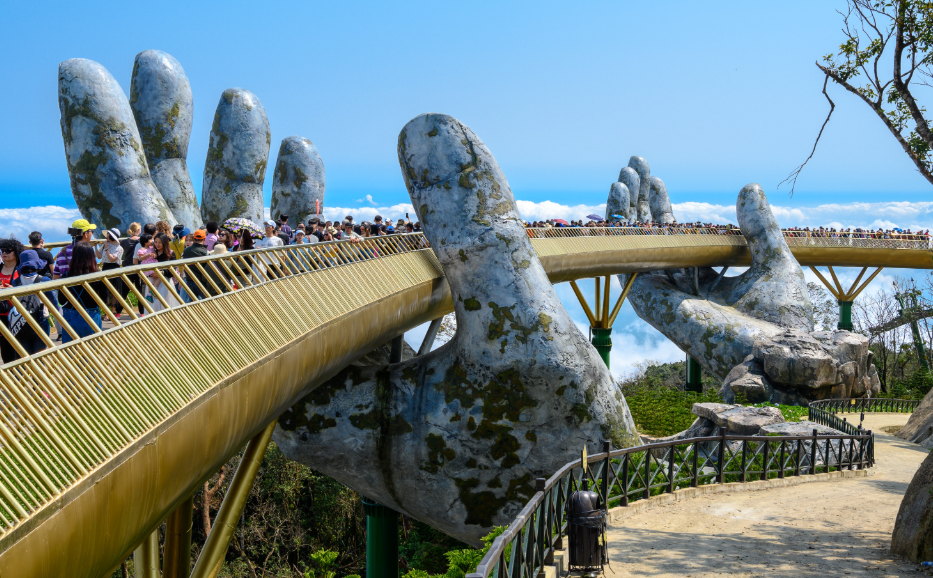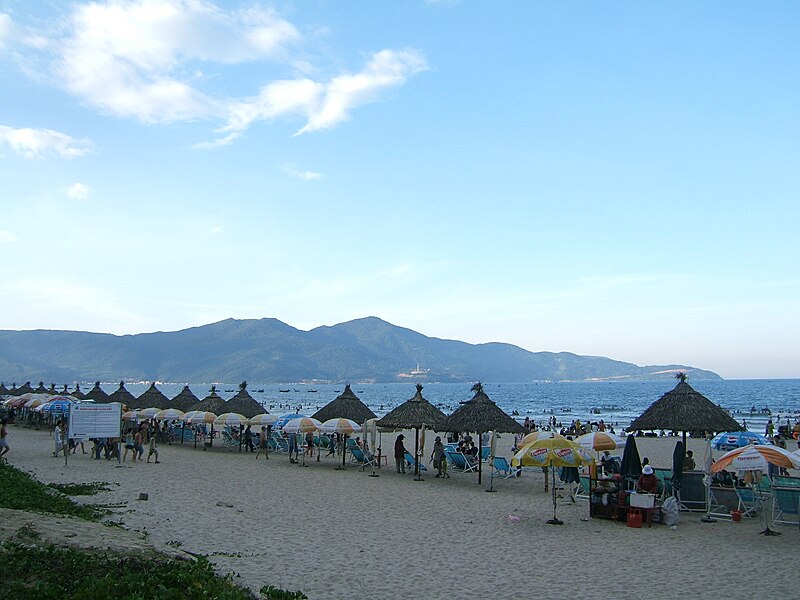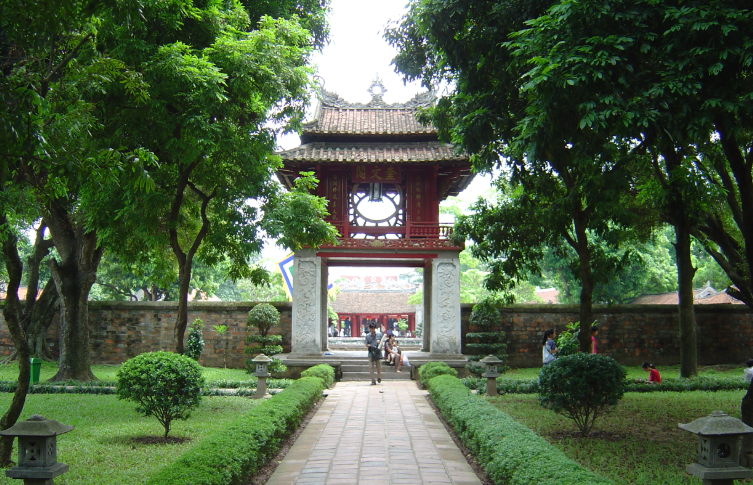Why to visit Sapa Rice Terraces
In northwest Vietnam's highlands, Sapa Rice Terraces demonstrate how nature combines with human creative ability. These mountainslope terraced fields create a breathtaking view which draws visitors who want both peaceful moments alongside cultural experiences. The seasonal transformation of their colour provides the attraction of these terraced fields.
What's Special About Sapa Rice Terraces
- Ingenious Agriculture: Traditional farming presents itself masterfully through the terraced fields that primarily stem from the urban culture of the Hmong and Dao people. The stepped arrangement of rice fields demonstrates indigenous farming excellence and the organic relationship with nature in mountain agriculture.
- Seasonal Beauty: The area experiences different transformations across each season. The paddies execute a yearly transformation from vibrant green farmland into golden harvest fields showcasing distinct natural beauty during every time period. A thick wave of mist appears during winter to produce a bewitching ambient.
- Cultural Connection: These terraces exist as more than agricultural achievements since they maintain close connections to the traditional customs of the native local communities. Using their traditions, storytelling and cultural ceremonies makes your visit much more meaningful.
Things to Do at Sapa Rice Terraces
- Trek Through the Fields: Guided trekking tours allow visitors to appreciate the beauty of the terraces while they meet local communities in their villages.
- Photography: Use a camera to capture the magical grace of Sapa's rice terraces because the sun creates momentous effects on their miraculous colours.
- Stay in Homestays: Getting insights into authentic local traditions can be done by residing temporarily with ethnic families and joining them for their welcoming customs.
- Visit Local Markets: Buy traditional handicrafts plus taste exclusive local foods in this region.
Unknown Facts About Sapa Rice Terraces
- The irrigation system originated hundreds of years ago, yet local people have maintained its transmission to new generations to ensure farming sustainability.
- An innovative network of water collection features in the farm fields that collects rainfall and water from flowing streams for agricultural use.
- The Hoang Lien Son mountain range houses Mount Fansipan and the terraces at its base.
Entry Fee
Free Entry: Watching the terraces costs no direct admission fees although some guided walking tours or destinations in local villages require small payment charges.
Timings
Accessible Year-Round: Any time of year works, but May through October provides the best visibility of the lush green or turning golden terraces.
Average Duration to Explore
1 to 3 Days: Total discovery of the area through trekking combined with cultural visits might require days to complete.
Distance from Nearby Locations
- From Sapa Town: The size of terrace areas determines trekking distances from 2–10 kilometers which takes between 15 to 30 minutes by vehicle or foot.
- From Hanoi: Approximately 320 km (6–7 hours by car or overnight train).
Nearby Tourist Spots
- Fansipan Mountain (8 km): Found at an elevation of about 3019 meters above sea level the "Roof of Indochina" can be reached through cable car and trekking paths.
- Cat Cat Village (2 km): Traditional Hmong dwellings at this site exhibit Hmong cultural heritage.
- Muong Hoa Valley (4 km): Famous for its stunning landscapes and ancient rock carvings.
- Silver Waterfall (12 km): A cascading waterfall amidst lush greenery.



